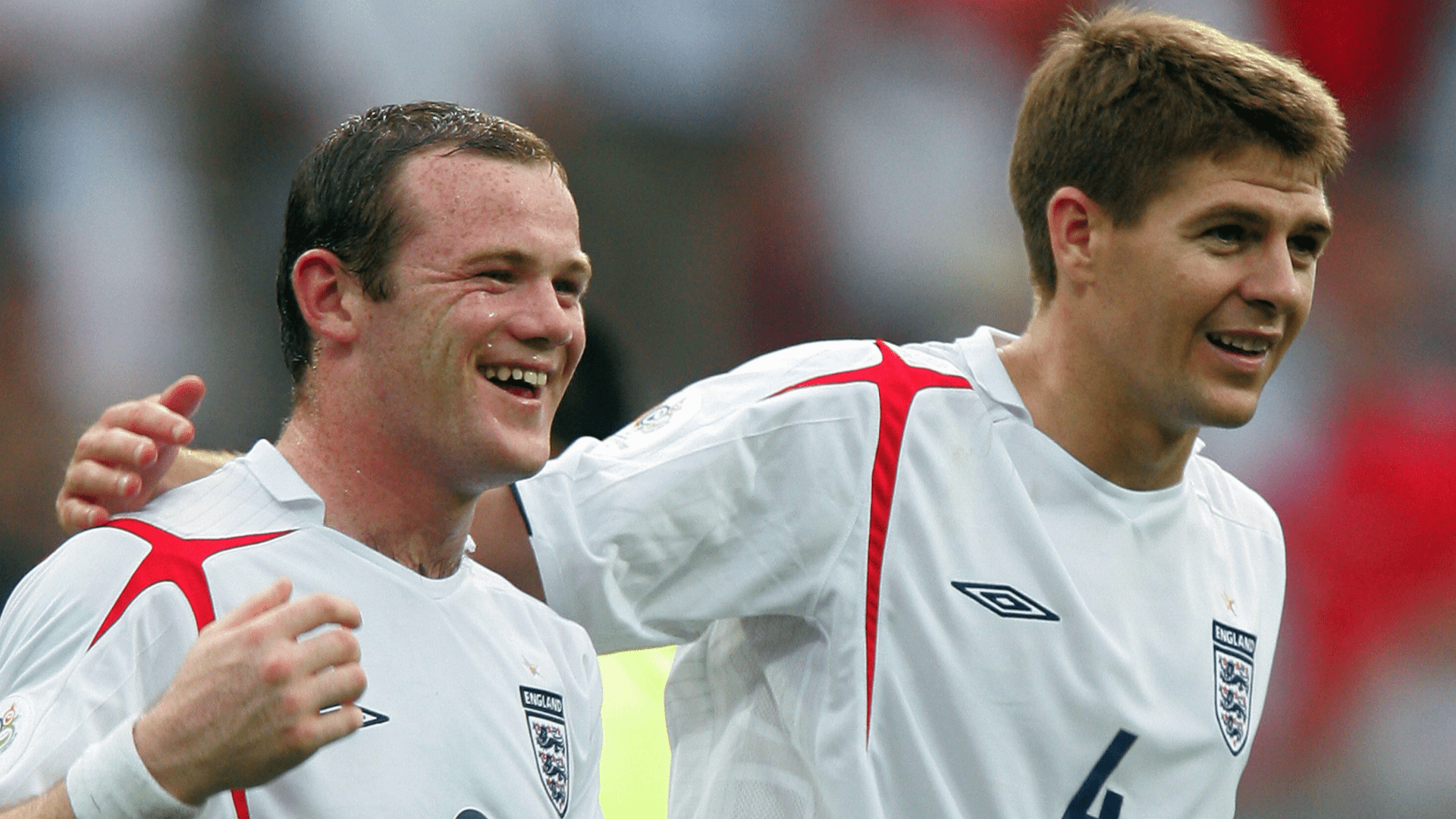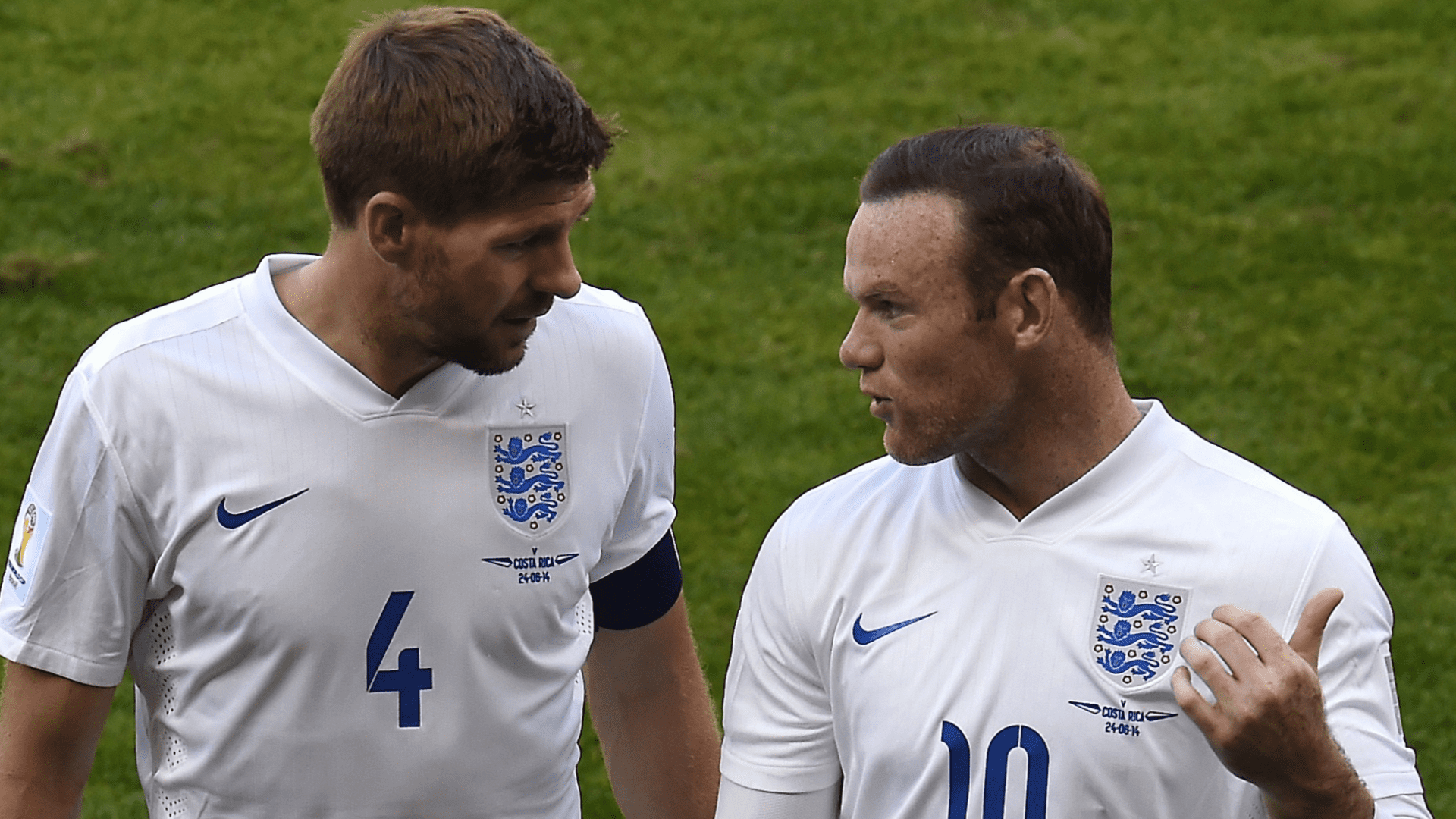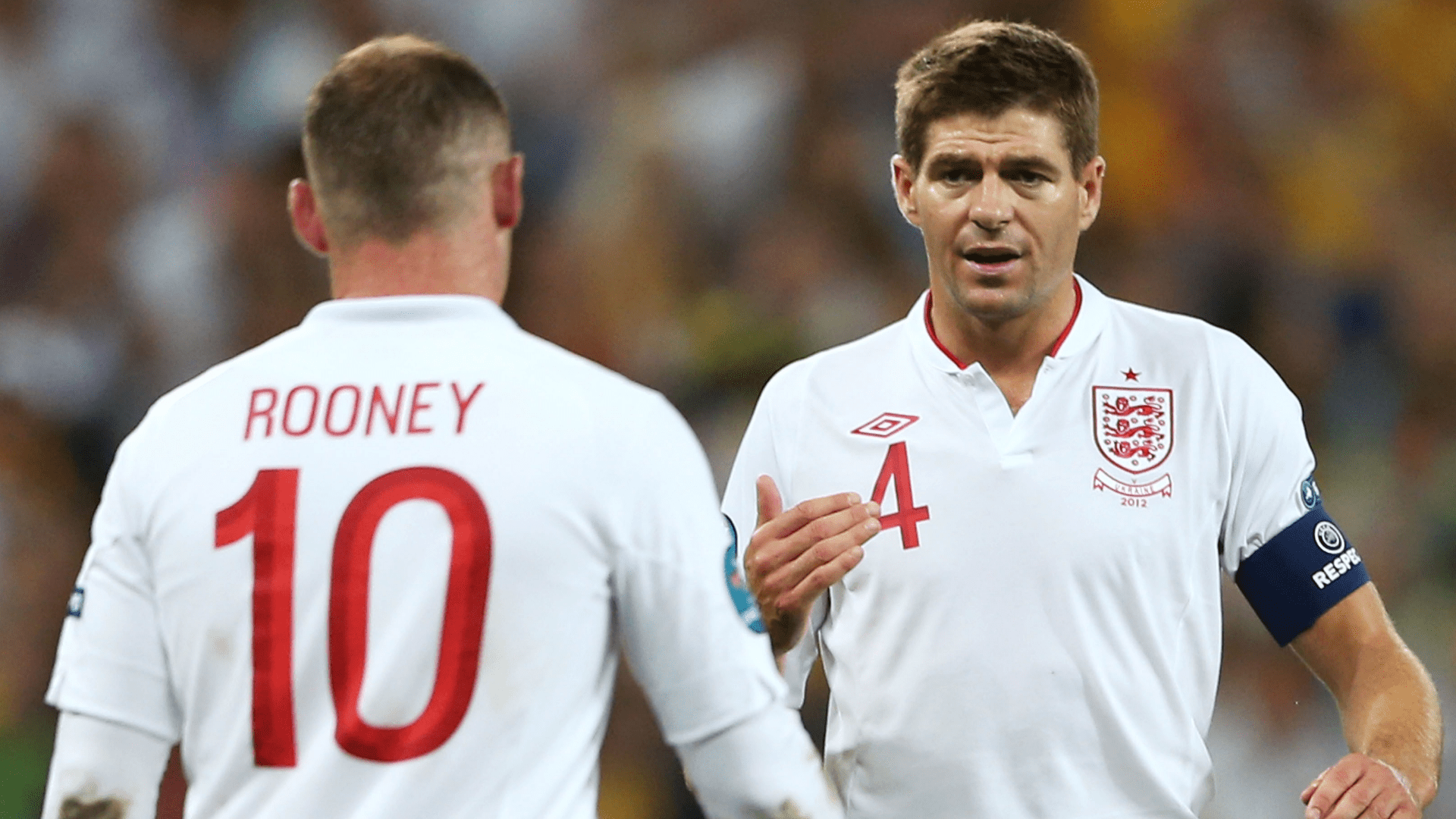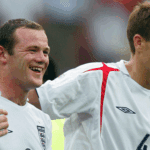


Uncovering the Real Issues That Plagued England’s Golden Generation
In the world of international football, few topics spark as much debate as the underperformance of England’s golden generation. Drawing from recent reflections by former stars, this piece explores the internal conflicts and missed opportunities that defined an era of immense talent yet no major victories.
Gerrard’s Insights into England’s Team Dynamics
Former England leader Steven Gerrard, with an impressive 114 caps from 2000 to 2014, has openly criticized the lack of unity during a time when manager Sven-Goran Eriksson had access to elite global players. Gerrard suggests that the squad lacked true cohesion, pointing to a period where individual egos overshadowed collective goals.
Reflections from the Podcast
On the Rio Ferdinand Presents podcast, Gerrard shared with a past colleague his thoughts on the era: “We seemed like a group of self-absorbed individuals who fell short. It’s puzzling how we’re all more bonded in our personal lives now, yet back then, we couldn’t build those links as national teammates. The atmosphere in the England setup kept us isolated, spending too much time in solitude. There was no real camaraderie; we didn’t form a unified front. At no point did we evolve into a solid, cohesive unit. I often felt detached from the group, focusing only on matches and practices before retreating.”
Rooney’s Perspective on the Golden Era
Wayne Rooney emerged as a prodigy at age 16, joining the England ranks in 2003 and staying until 2018. As captain, he set a benchmark with 53 goals across 120 appearances, though the team never advanced to a major semi-final. Since his departure, England has reached consecutive European Championship finals thanks to Gareth Southgate’s leadership.
Rooney’s Response to the Criticisms
During an episode of The Wayne Rooney Show, this England icon addressed Gerrard’s remarks: “It’s clear we didn’t secure any titles, but I wouldn’t describe it exactly like that-I get his point though. The locker room was full of strong personalities. I wouldn’t claim current squads have superior mindsets; that undervalues our commitment because we put in the effort and gave it our all, even if we couldn’t pull through. Looking back at our roster, perhaps we could have performed better, but that’s how things unfolded.”
Shifts in Player Interactions and Media Relations
Rooney elaborated: “Today’s landscape features athletes from competing clubs training together prior to the season, such as Phil Foden and Marcus Rashford. It’s a new breed of players. One key difference is the improved media handling; athletes now engage more positively with journalists, which projects a more positive image overall.”
Evolution of Rivalries and Team Bonds
Rooney discussed the challenges posed by club loyalties: “Building relationships was tough between Liverpool and Manchester United players back in the day. Things are simpler now; I chat with Steven regularly. Stronger connections form because players can unwind together more freely.
“I had good rapport with everyone; I meshed well with the group. I noticed that figures like David Beckham, Gary Neville, and Paul Scholes kept their distance from Liverpool counterparts, but dedication was never in question-everyone pushed for the team. Ultimately, we just couldn’t seal the deal, and I didn’t observe any major divisions.”
Overcoming External Obstacles
Rooney emphasized that the squad always held firm belief in victory, delivering full effort each time, though external factors like unexpected injuries or dismissals frequently hindered progress.
The Ongoing Quest for England’s Glory
The men’s national team continues its drought for a significant trophy since 1966, with Thomas Tuchel now at the helm, aiming to end this six-decade gap as England nears qualification for the 2026 World Cup.
Wayne Rooney’s Response to Steven Gerrard’s Remark
In the world of football, few rivalries have been as intriguing as the one between Wayne Rooney and Steven Gerrard, both legends of the England national team. Recently, discussions around England’s golden generation and their failure to win major trophies have resurfaced, particularly after Gerrard’s comments labeling the squad as “egotistical losers.” As a Manchester United legend, Wayne Rooney has stepped in to share his perspective, offering a counterpoint that highlights club rivalries as the real culprit behind the trophy shortfall. This debate not only dives into the past but also provides lessons for modern football teams striving for success.
The ‘Egotistical Losers’ Remark and Rooney’s Counterargument
Steven Gerrard’s statement, which painted the England team of the 2000s and 2010s as overly focused on individual egos, sparked widespread conversation among football fans and analysts. Gerrard, who earned 114 caps for England, suggested that the team’s internal dynamics hindered their performance in tournaments like the World Cup and European Championships. However, Wayne Rooney, another key figure from that era, strongly disagreed during his appearance on the BBC podcast, The Wayne Rooney Show.
Rooney, known for his straightforward style, argued that the issue wasn’t egos but rather the intense club rivalries that carried over into the national setup. For instance, players from clubs like Manchester United, Liverpool, and Arsenal often found it hard to set aside their competitive histories when donning the England jersey. This perspective from Rooney sheds light on how club loyalties can disrupt team cohesion, a common challenge in international football.
To break this down further:
- Club rivalries impacting national play: Rooney pointed out that the divide between players from rival clubs made it difficult to build the necessary trust and unity. For example, the longstanding feud between Manchester United and Liverpool meant that stars like Rooney and Gerrard might not gel as seamlessly as needed.
- Personal experiences from the pitch: Drawing from his own career, Rooney shared anecdotes about how these rivalries played out in training and matches, emphasizing that the real barrier was external pressures rather than personal arrogance.
Exploring the True Reasons Behind England’s Golden Generation Trophy Shortfall
England’s golden generation, featuring talents like Rooney, Gerrard, Frank Lampard, and David Beckham, boasted immense skill but fell short in major tournaments. Rooney attributes this largely to the inability to overcome club-based divisions, which diluted the team’s overall strategy and morale. On his podcast, he defended the group’s efforts, stating, “We tried,” and highlighted how external factors like media scrutiny and scheduling conflicts exacerbated the problem.
One key insight from Rooney’s explanation is the role of preparation and team-building. Unlike club sides that train together year-round, national teams often have limited time to foster chemistry. This can lead to miscommunications on the field, as seen in England’s quarter-final exits in multiple World Cups. By addressing this, Rooney offers a valuable lesson for current England squads under managers like Gareth Southgate.
Case Studies: Lessons from Other Football Eras
Looking at other football case studies, we can see parallels to England’s struggles. For example, during the 1990s, France’s national team overcame internal divisions through focused team-building exercises, leading to their 1998 World Cup victory. Similarly, Spain’s dominant run in the 2000s and 2010s was built on a cohesive style of play nurtured at both club and international levels.
In contrast, England’s golden generation lacked such integration. Rooney’s reflections align with these examples, suggesting that prioritizing collective strategies over individual brilliance could have changed outcomes. This historical context helps readers understand the broader implications of team dynamics in football success.
First-Hand Experiences Shared by Rooney
Rooney’s first-hand experiences provide a raw, engaging look into the golden generation’s challenges. On his podcast, he recalled specific instances where club rivalries influenced England camps, such as heated exchanges during training sessions that mirrored Premier League battles. These stories not only humanize the players but also illustrate how such tensions can erode performance under pressure.
For those interested in the details, Rooney’s comments were featured in recent discussions, where he dismissed the “egotistical losers” label as oversimplified[başvurmak:[başvurmak:https://www.mirror.co.uk/sport/football/news/wayne-rooney-steven-gerrard-england-36047017]. He emphasized the hard work and dedication of the squad, pointing to factors like injury woes and tactical inconsistencies as more accurate reasons for the shortfall[başvurmak:[başvurmak:https://www.bbc.com/sport/football/articles/c15kezxe9j3o].
Benefits of Team Unity and Practical Tips for Football Enthusiasts
Understanding the benefits of team unity can help football fans and aspiring players appreciate what went wrong for England’s golden generation. Strong team bonds lead to better on-field chemistry, reduced errors, and increased resilience in high-stakes games. For modern teams, this means investing in off-pitch activities like shared meals or psychological training.
Here are some practical tips drawn from Rooney’s insights:
- Foster cross-club relationships: Encourage players to build personal connections beyond their clubs, perhaps through organized social events during international breaks.
- Focus on mental preparation: Teams should incorporate mindset coaching to handle rivalries and maintain focus, as this was a missing element in England’s era.
- Analyze past failures: Use case studies like England’s 2006 World Cup quarter-final loss to study how unity could have turned the tide, applying these lessons to youth or amateur teams.
By implementing these tips, football enthusiasts can enhance their own team’s performance, whether at the grassroots or professional level. Wayne Rooney’s honest take serves as a reminder that even with world-class talent, the human element of teamwork is crucial for overcoming trophy shortfalls.
This topic continues to resonate, with keywords like “Wayne Rooney response,” “Steven Gerrard egotistical losers,” and “England golden generation trophy shortfall” capturing the ongoing interest in football history and lessons learned. Through these discussions, we gain a deeper appreciation for the complexities of the sport.









